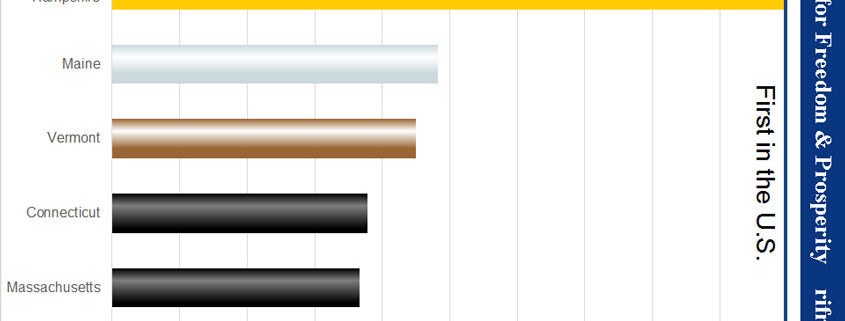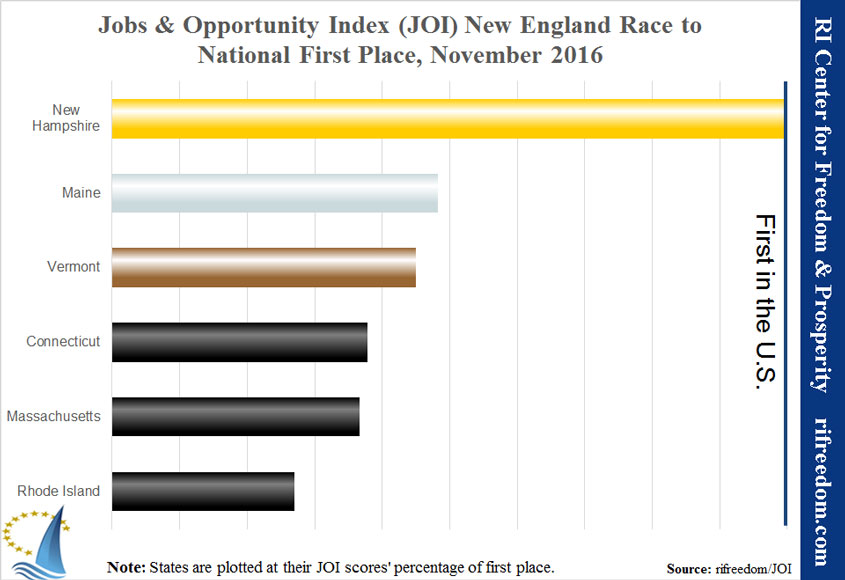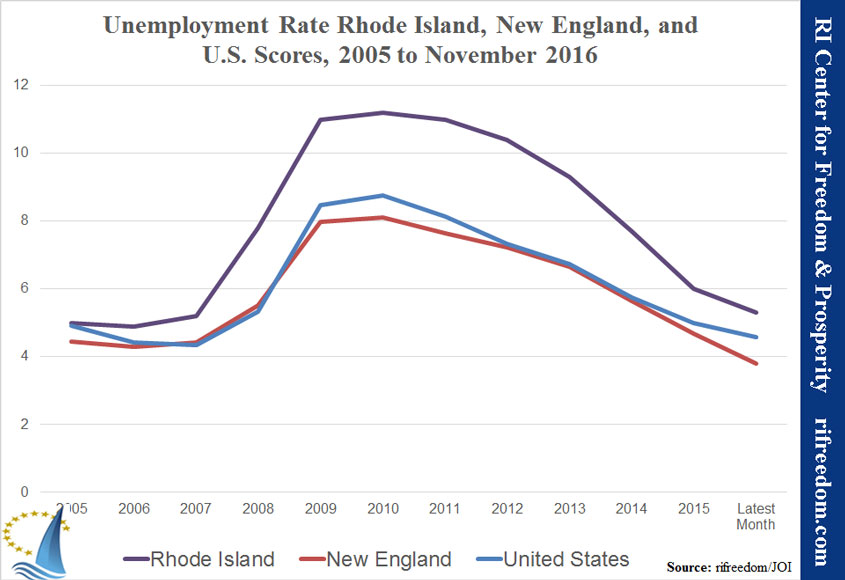FOR IMMEDIATE RELEASE: December 21, 2016
Turning the Tide Toward Prosperity in the Ocean State:
Rhode Island Center for Freedom and Prosperity and American Conservative Union Foundation Unveil Report on Underlying Reasons for Rhode Island’s Rank (48th) on Family Prosperity Index
Government Crowd-Out of Business & Civil Society, Family Disintegration Contribute to Migration of Residents to Other States, Create Drag on Family Prosperity
Providence, RI — The Rhode Island Center for Freedom and Prosperity, along with its national partner, The American Conservative Union Foundation, today unveiled an in-depth analysis of factors contributing to the Ocean State’s dismal score on the Family Prosperity Index (FPI). The Rhode Island Family Prosperity report – the second “deep dive” state study following the national introduction of the FPI at CPAC earlier this year – highlights Rhode Island’s poor scores on a number of factors, including family self-sufficiency, family structure, fertility, and illicit drug use, compounded by its significant out-migration rate, as the determinant factors in the state’s overall FPI rank of 48th in the nation.
In conjunction with the release of the report, the organizations announced their plans to co-host a forum featuring national and local experts in early 2017 to explore the problem areas outlined in the FPI report as well as possible solutions. The forum will take place on the afternoon of Tuesday, January 17, at the Hassenfeld Institute for Public Leadership at Bryant University.
The Family Prosperity Index, created by ACU Foundation economists Wendy Warcholik, Ph.D., and J. Scott Moody, M.A., is an entirely new tool that does what no resource has done before – demonstrate quantitatively the undeniable link between economic and social policy in determining family prosperity. In so doing, the Index provides a road map for finding real solutions to the cultural and financial problems that keep families – and the nation – from flourishing. A more holistic measure than the one-dimensional unemployment rate or GDP, which only considers economic data, the FPI makes it possible to measure U.S. progress every year and rate states against each other according to how well they are providing an environment for families to flourish.
The FPI provides the credible data that state policymakers, civic and religious leaders, think tanks and activists need in order to develop and advocate effectively for policies that improve the prosperity of families and the communities where they live.
“Everyone concerned about the well-being of our state’s families should be alarmed by our unacceptable 48th-place ranking,” said Mike Stenhouse, Chief Executive Officer of the Rhode Island Center for Freedom & Prosperity. “It is time to challenge the status quo insider mindset and to search for a more holistic path to help real Rhode Islanders improve their quality of life. Our January forum will provide an ideal opportunity for community, religious, and political leaders to convene to begin this process.”
The FPI assesses the economic and social status of six discrete index categories – economics, demographics, family structure, family self-sufficiency, family culture and family health. The categories are supported by 57 data-sets from publicly accessible data and backed up by current documentable research. In the inaugural 2016 edition of the FPI, in which Utah was ranked first and New Mexico last overall, Rhode Island ranked in the bottom ten states on economics, demographics, family structure, and family self-sufficiency; dead last on family health; and in the middle of the pack on family culture.
According to the report released today, “With such a low overall FPI score, Rhode Island clearly has a lot of work to do to improve the economic and social conditions necessary for enhanced family well-being. On the economic side, we must expand the private sector, boost entrepreneurship, and reduce net out-migration. On the social side, Rhode Island would benefit from a boost in fertility, stronger intact families, and a significant reduction in illicit drug use and incarceration.”
The report provides direction for a path forward for the Ocean State. “Rhode Island’s politicians would do well to focus on minimizing government encroachment on its citizens by reducing its onerous tax burden, which, in turn, would spark new entrepreneurship and jobs, and on taking up pro-family measures that encourage healthy familial activity. Rhode Island’s community and religious leaders would also do well to inspire their constituents to aspire to a higher level of self-sufficiency as part of stronger marriages or otherwise healthier lifestyles.
“Religious institutions and other elements of civil society can help mitigate Demographic Winter in the Ocean State by addressing issues associated with family fertility, out-of-wedlock births, incarceration and drug abuse, and overall religious participation….
“If we want to turn the tide of friends and family members moving out of Rhode Island…we must embark on a new path toward renewed well-being. The Family Prosperity Index shows us the way.”
The FPI, which will be published annually and ranks each of the 50 states according to their respective scores, is the basis for a multi-year effort of the ACU Foundation’s Family Prosperity Initiative. The Initiative includes a deeper analysis of each state and its performance on the Index, providing potentially county-by-county guidance for possible policy changes. The state reports – of which Rhode Island’s is the second – will occur on a rolling basis.
Said American Conservative Union Chairman Matt Schlapp, “I hope Rhode Island’s leaders will take to heart the recommendations in the report released today to help turn the tide toward greater prosperity for Ocean State families.”
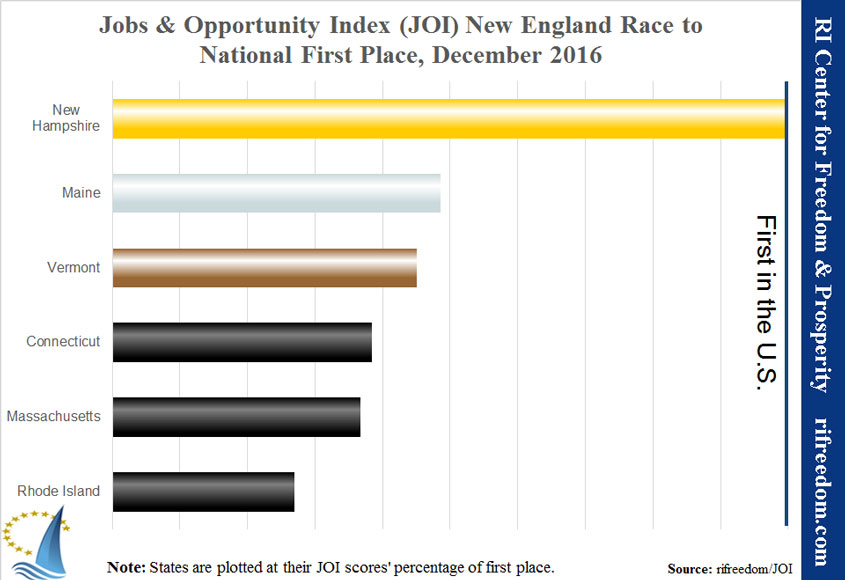
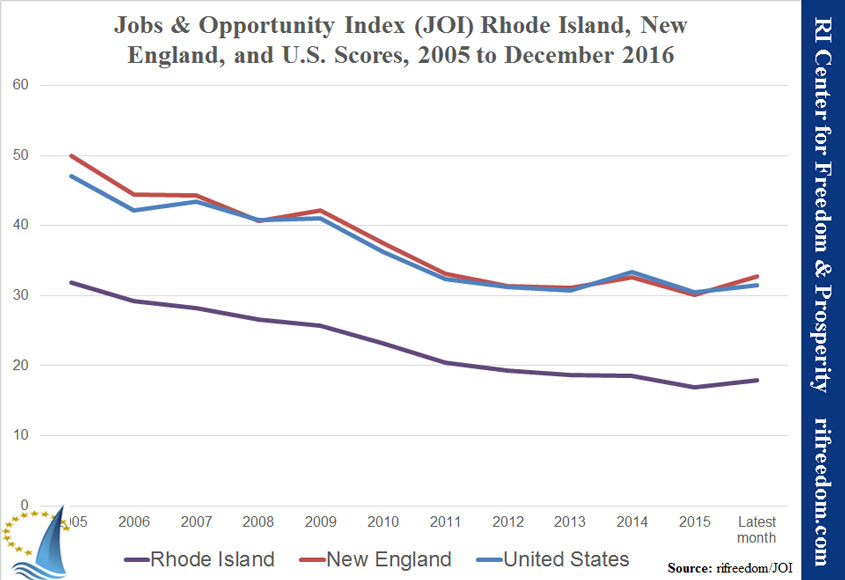
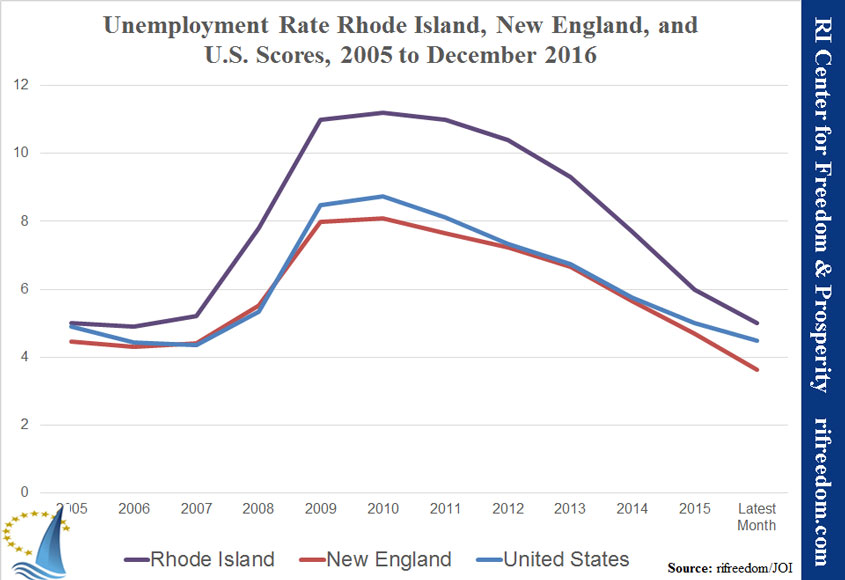




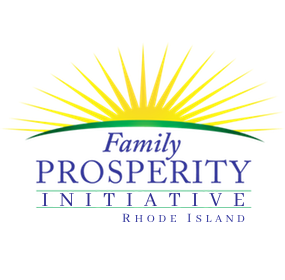 There was apparent unanimity in the belief that the state’s current corporate welfare strategy would not provide any relief to most distressed families and small businesses.
There was apparent unanimity in the belief that the state’s current corporate welfare strategy would not provide any relief to most distressed families and small businesses.


